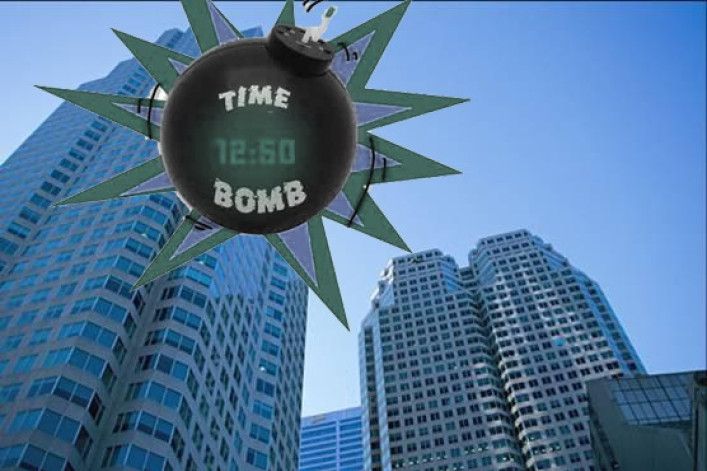
Manhattan tax certiorari lawyer Jonathan Sherman used to hear once or twice a year from real estate lawyers wanting to know if their clients were buying into a ticking property tax time bomb.
Now he’s fielding 3 or 4 calls a month.
The increase is due to a tectonic shift working its way through the city’s maddeningly arcane property tax system, in which property taxes are based on how much comparable apartments rent for, rather than the actual market value of a co-op or condo.
When most of those rental apartments were rent stabilized, co-op and condo buildings enjoyed comparatively low taxes. But as thousands of units slip out of rent stabilization each year, the rents used to determine property taxes are shooting up…along with the tax bills formerly tied to the old, stabilized rents.
“If you look at rentals on the Upper West Side, you’ll see the annual income income of landlords going up not 5 to 10 percent a year, but 20 to 30 percent a year through 2008,” the most recent year for which the data is available, says Sherman of Sherman & Gordon. Taxes on buildings in formerly stabilized areas have escalated accordingly.
“If you believe that rent control and rent stabilization in Manhattan will eventually phase out, then everybody will be valued based on market rents,” says Sherman.
There are winners, and there are losers.
As a general rule, for example, Upper East Side postwar buildings have generally been saddled with higher taxes than Upper West Side prewar buildings, because the slower-to-gentrify Upper West Side enjoyed lower comparable rents than across the park.
Thus, it's not uncommon for a new $2 million condo on Third Avenue to fork over $20,000 a year in taxes, while a $2 million Riverside Drive apartment antes up just $7,000.
Yet while the residents of that Riverside Drive building may be feeling a tad smug right now over their $1 per square foot maintenance (taxes account for a huge portion of maintenance fees), they will sooner or later experience staggering property tax increases as surrounding rental apartments climb from stabilized to market rents.
“The flip side is if you’re on the Upper East Side in a new building with a $2.30 per square foot maintenance, things are going to become less bad as the rest of the world moves toward your level,” says Sherman, whose job is to push off the ultimate day of reckoning as long as possible.
What all this means for owners is that if they are underassessed now, they should contemplate the future tax picture before replacing all four elevators and installing a roof deck.
Buyers, meanwhile, should not be too swift to condemn a building that has experienced several consecutive years of 25 percent maintenance increases.
“They might believe, foolishly, that the board doesn’t know what it’s doing, and decide to buy around the corner in a building that hasn’t started to see the tax increases yet, under the impression that it must be a well-managed building,” says Sherman. “That is exactly the wrong analysis.”
And that’s why buyers’ lawyers are calling up Sherman and attorneys like him a lot more these days.
“They’re saying the current tax on this condo unit is $12,000, and they want to know what it will be in five years,” says Sherman.
“Sometimes I’ll say $12,500. Sometimes I think it’ll be $25,000 in five years, and not because the abatement is wearing off.”
Related posts:
How not to get scr*w*d by an appraiser























